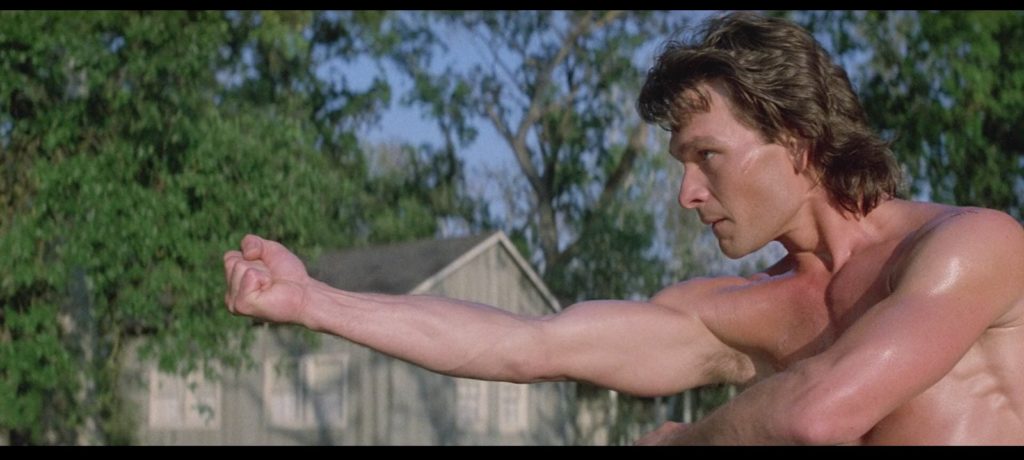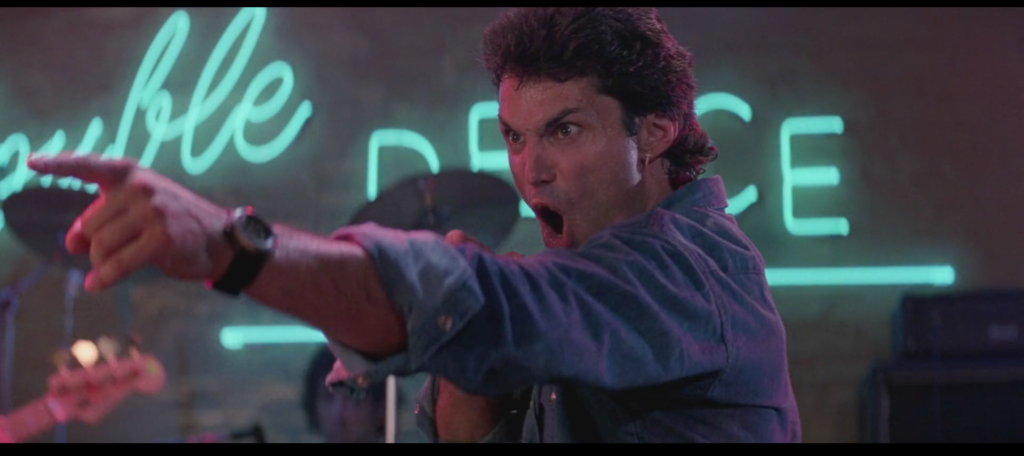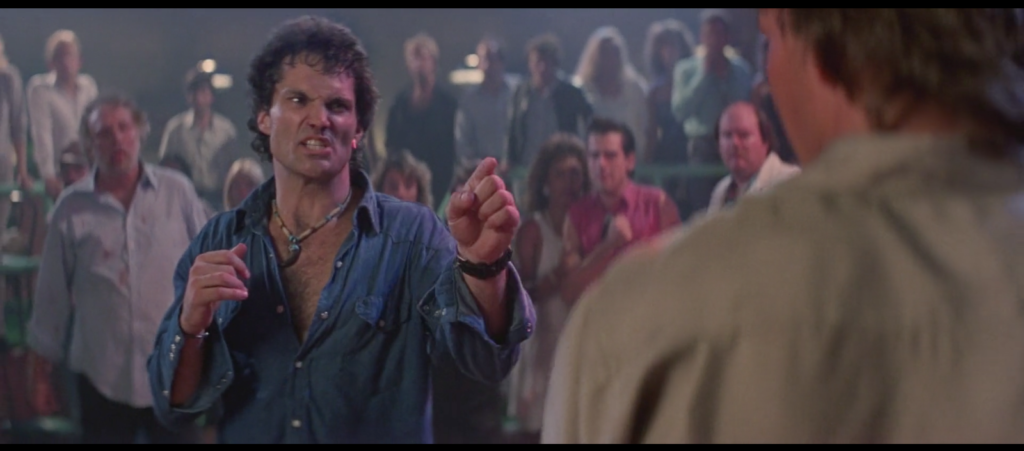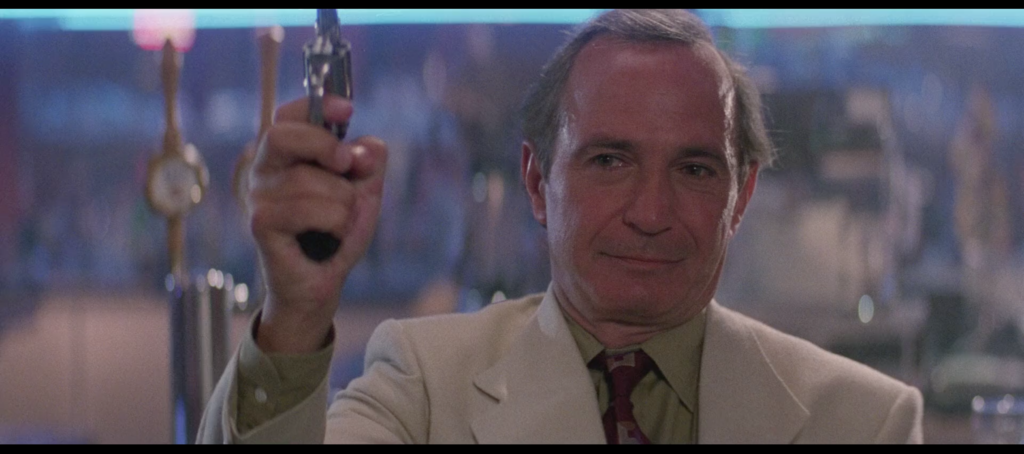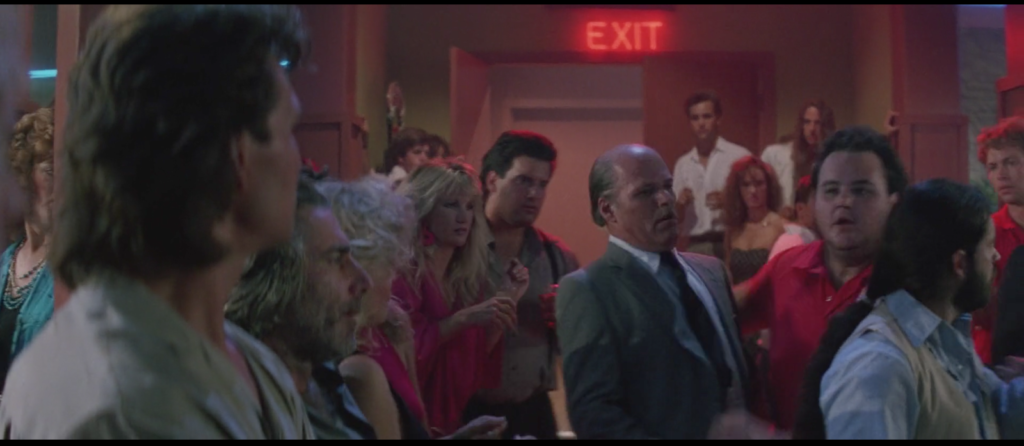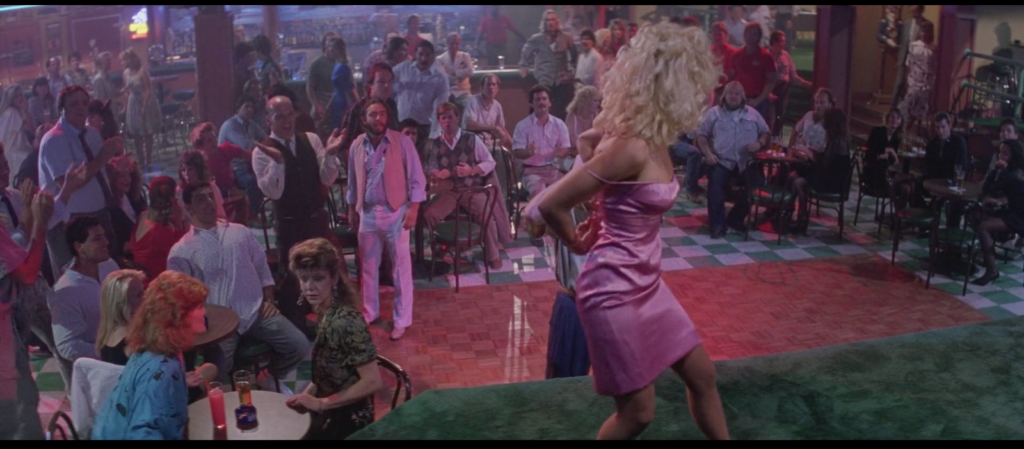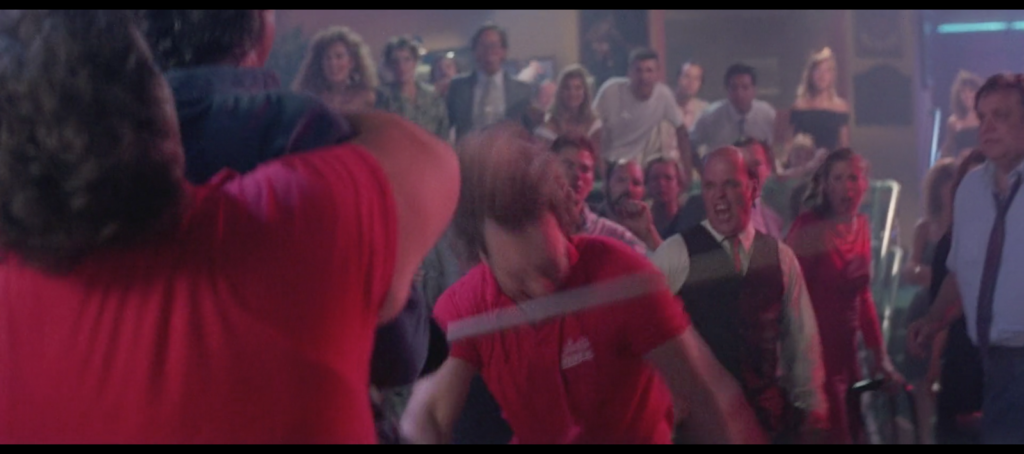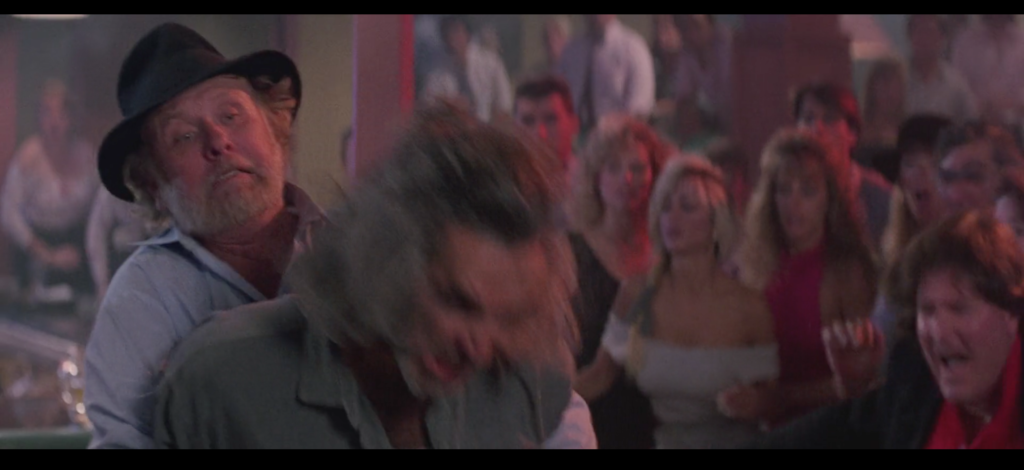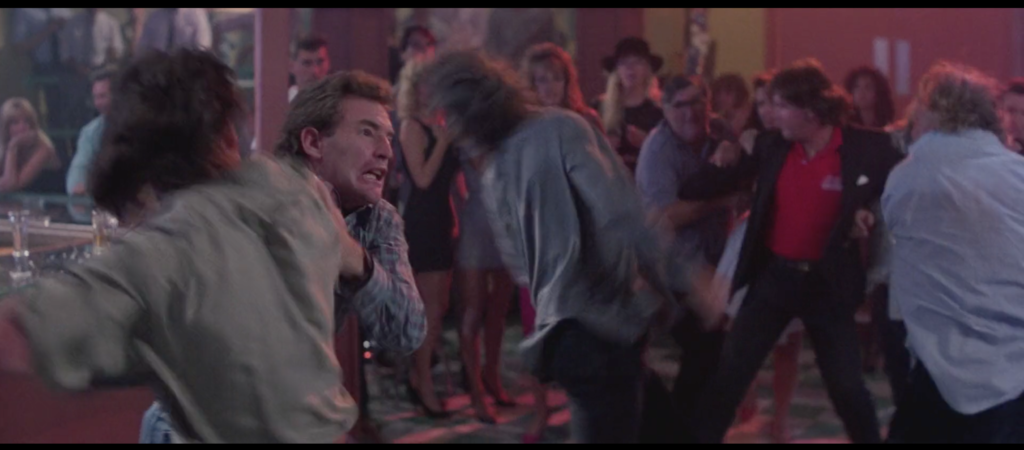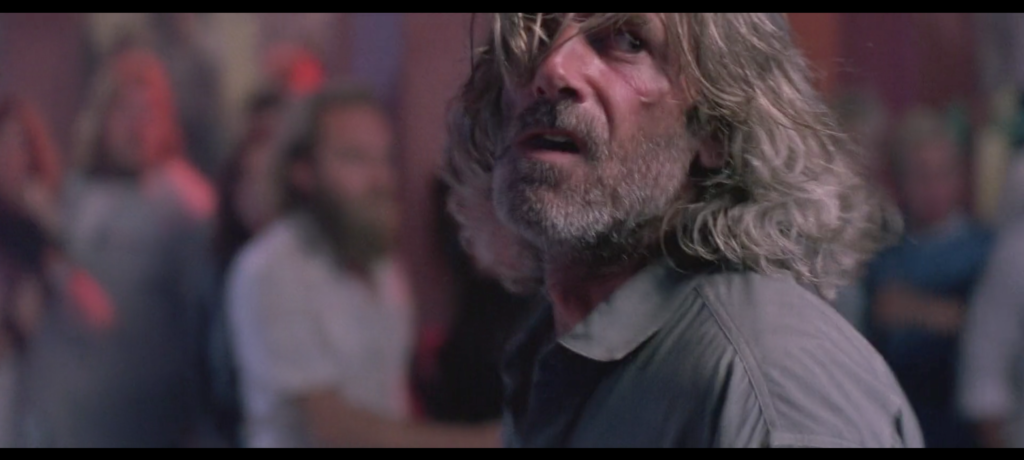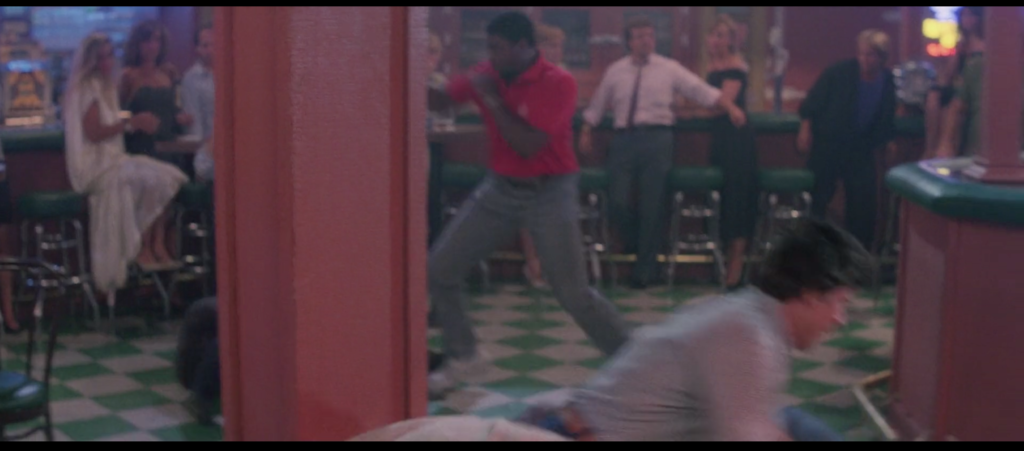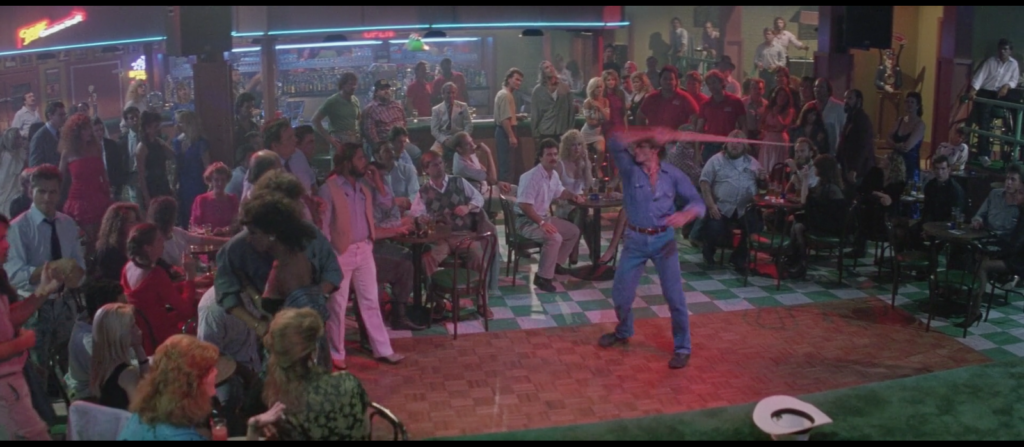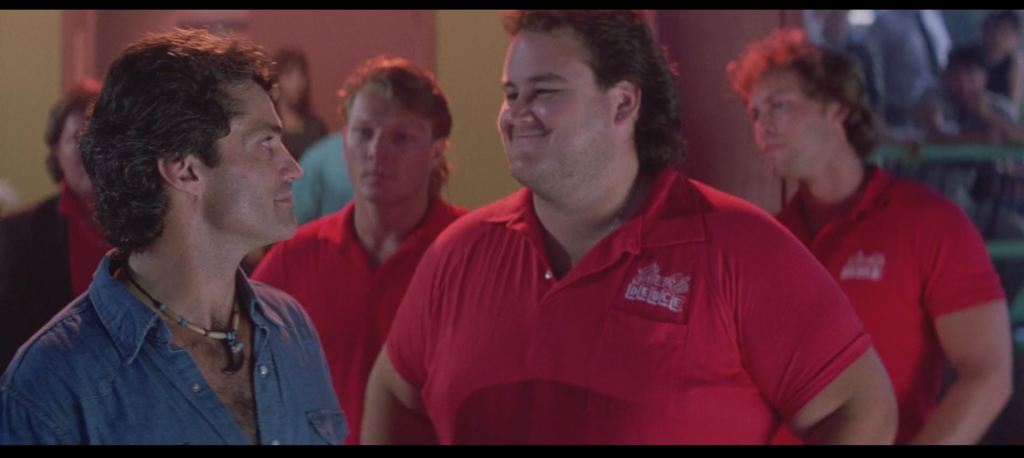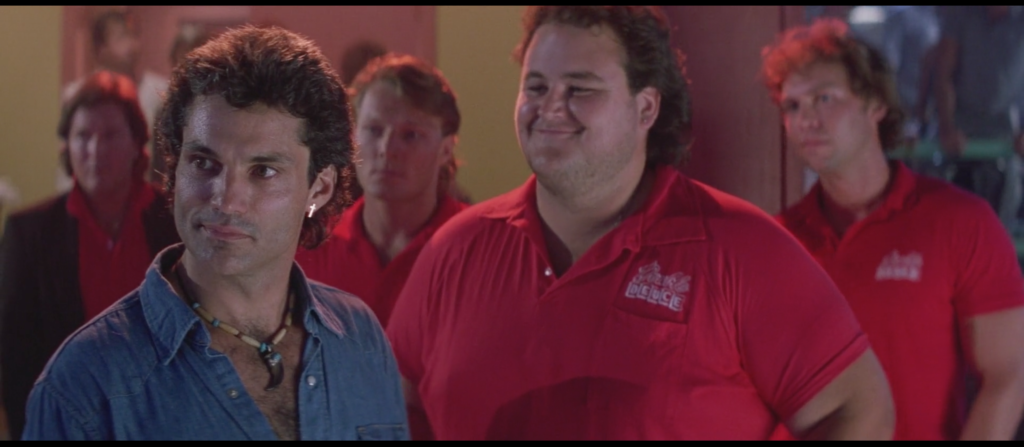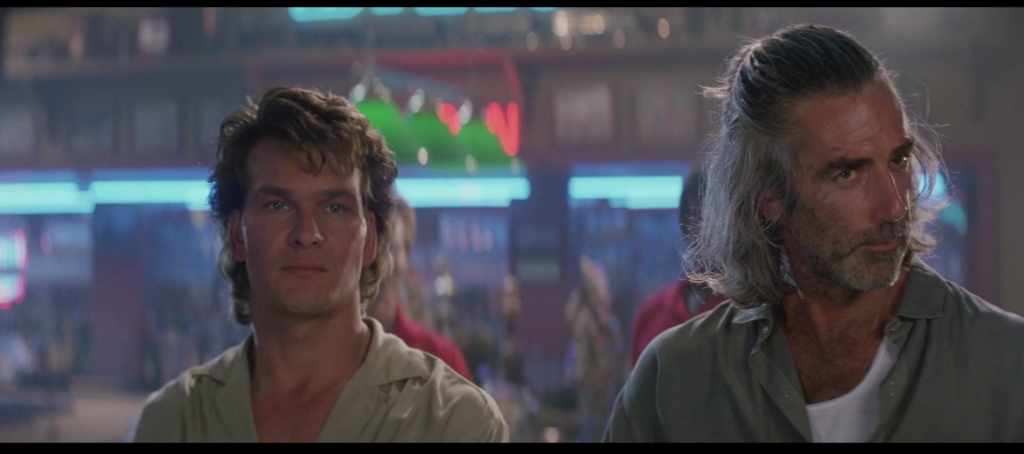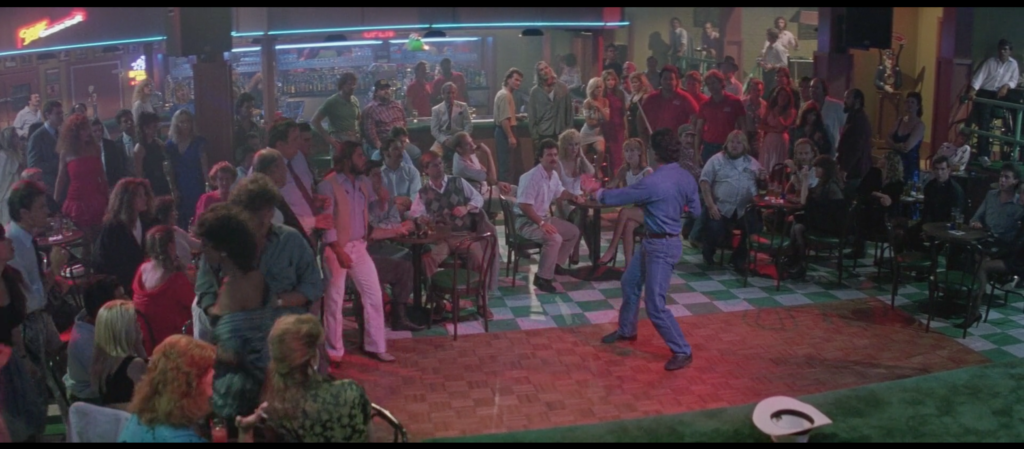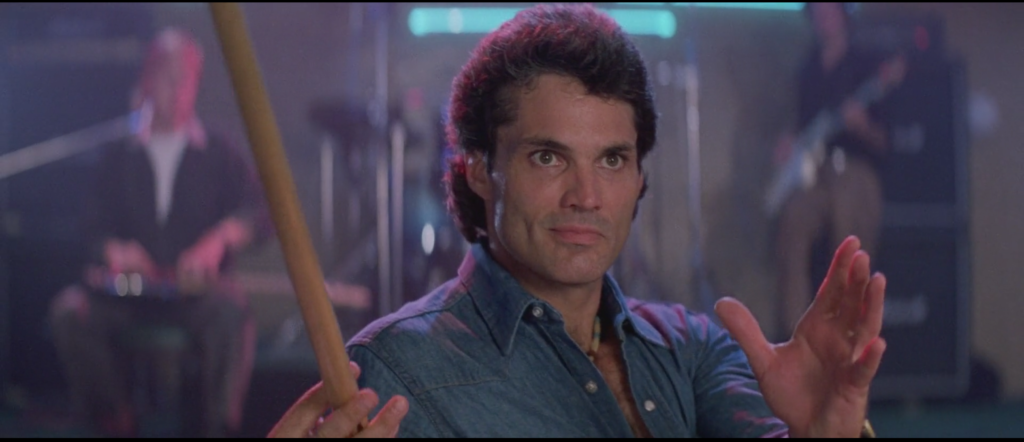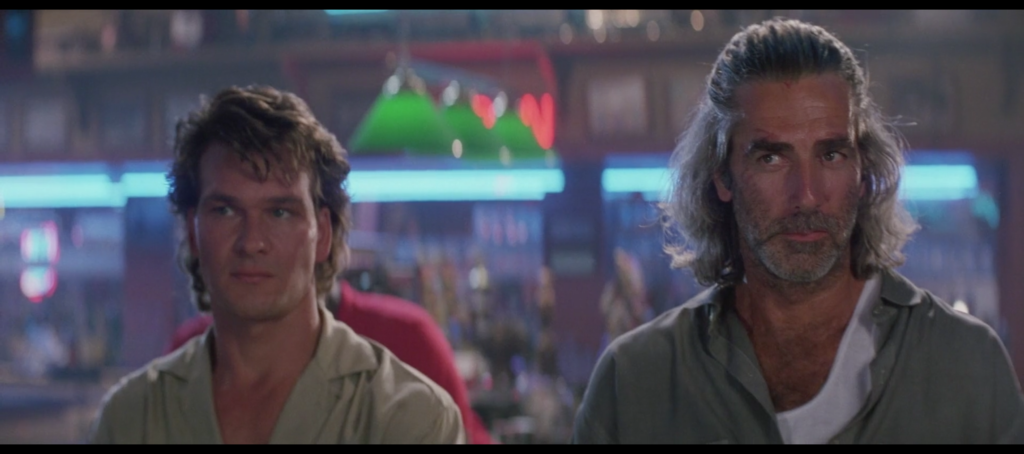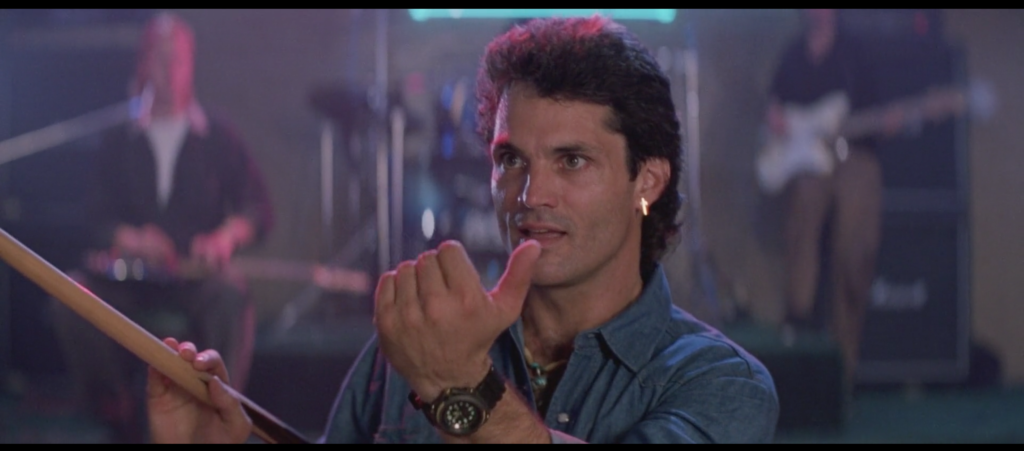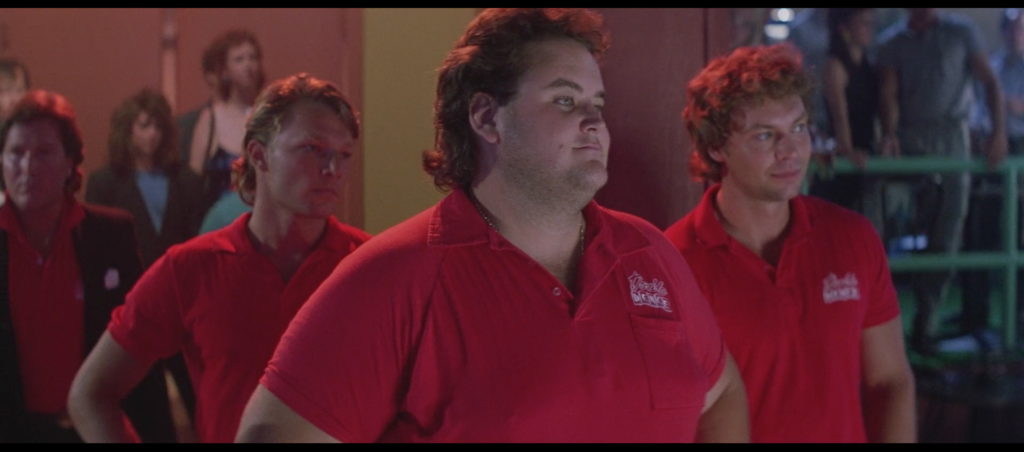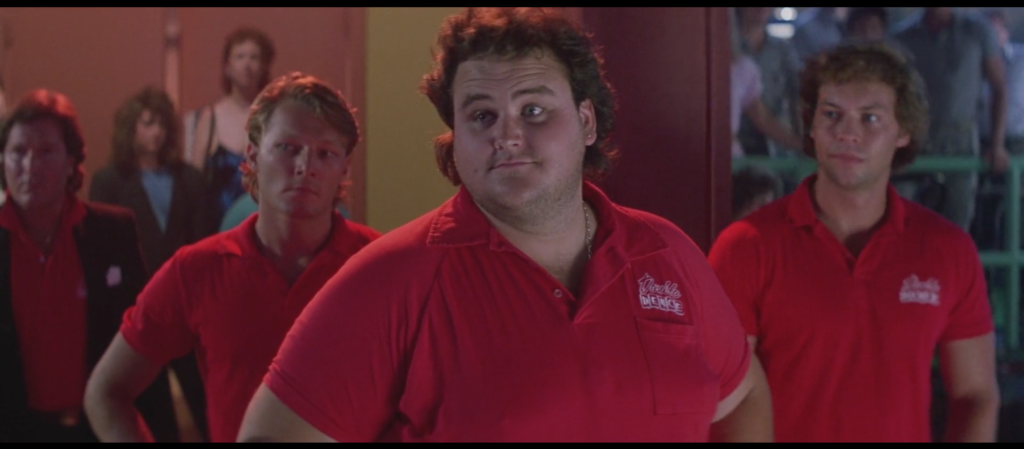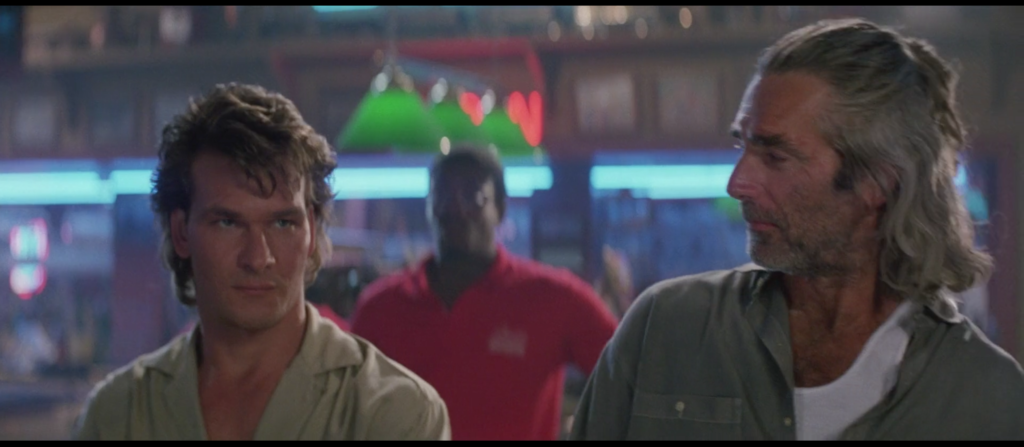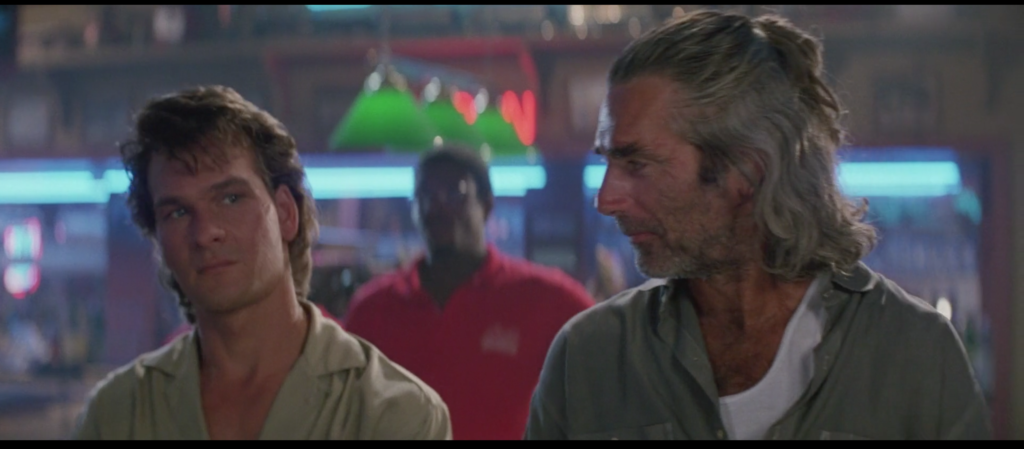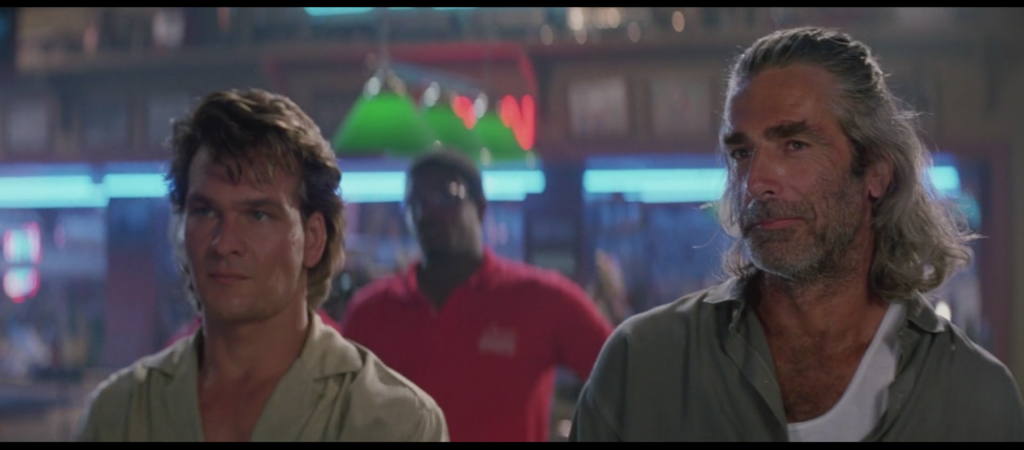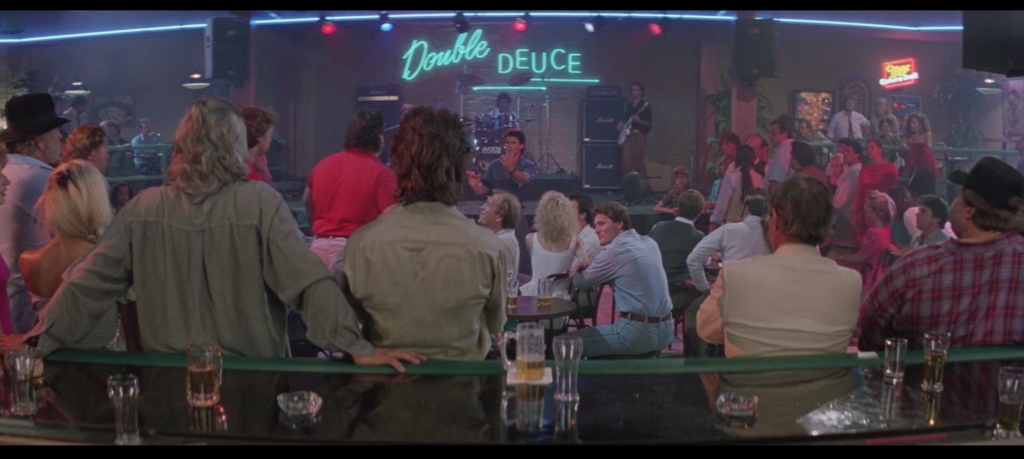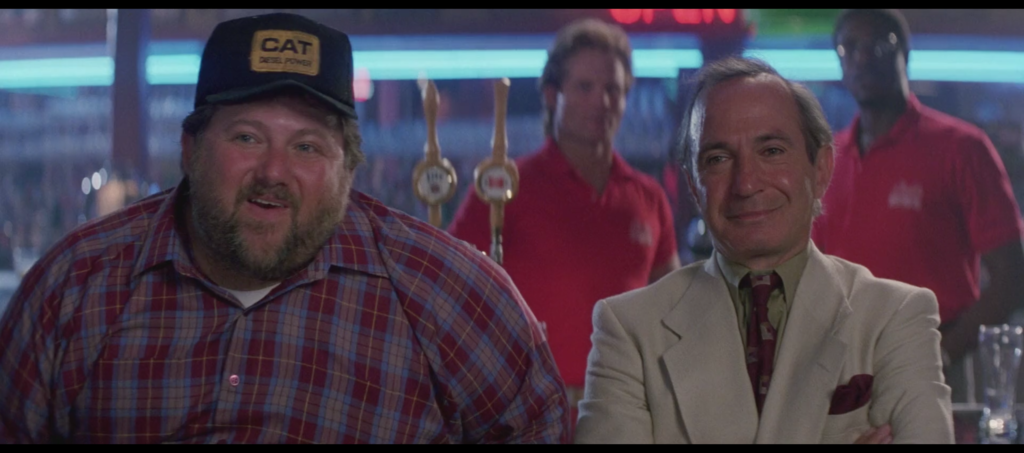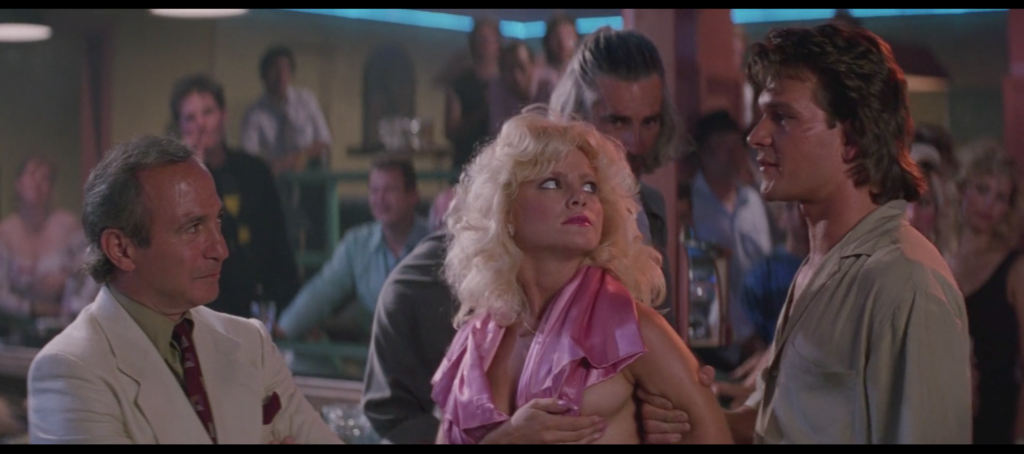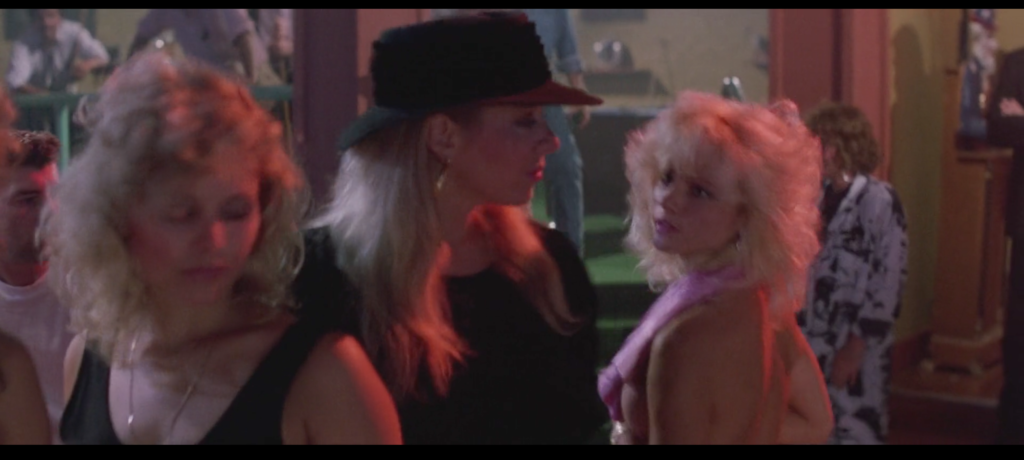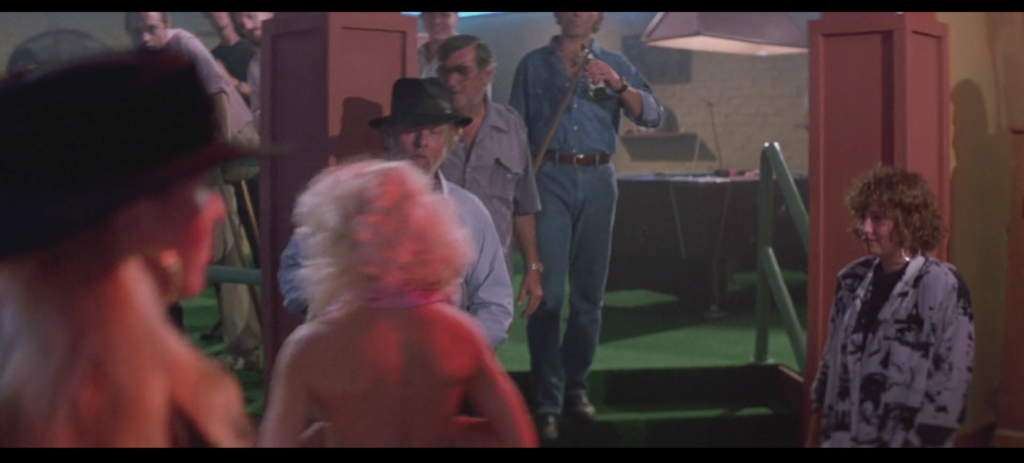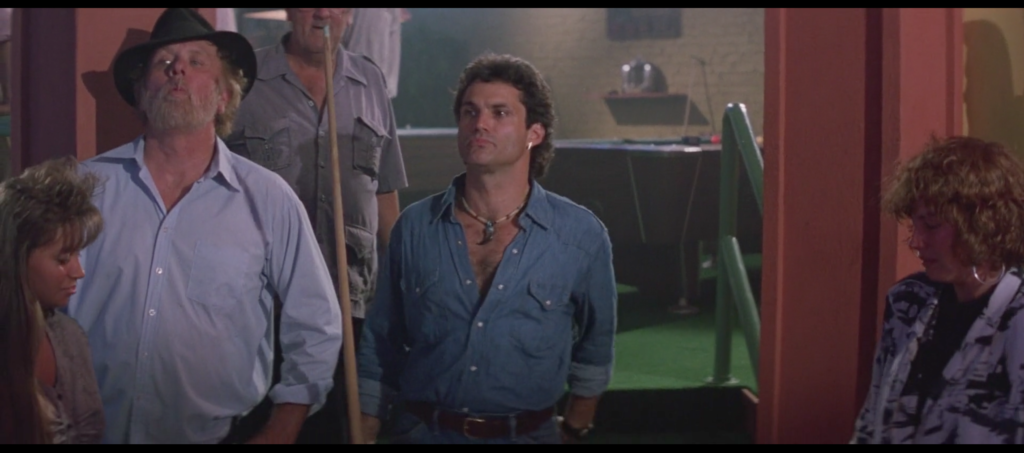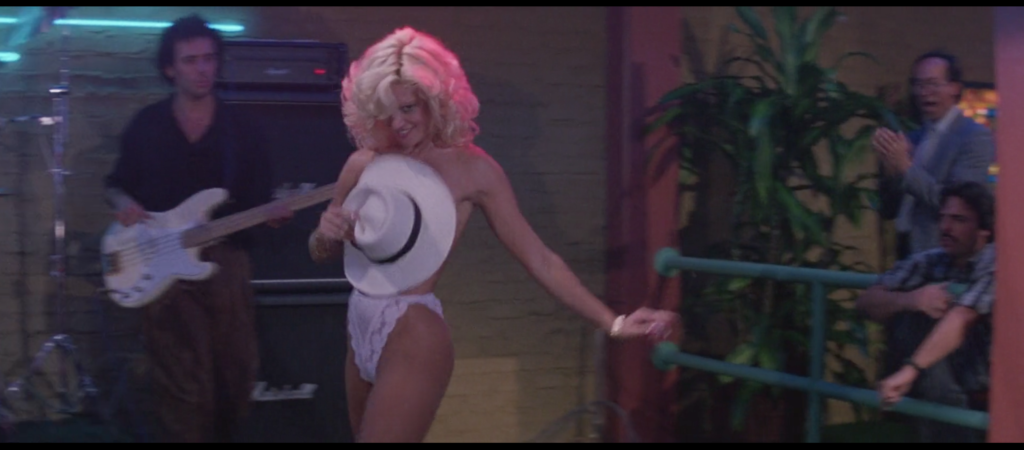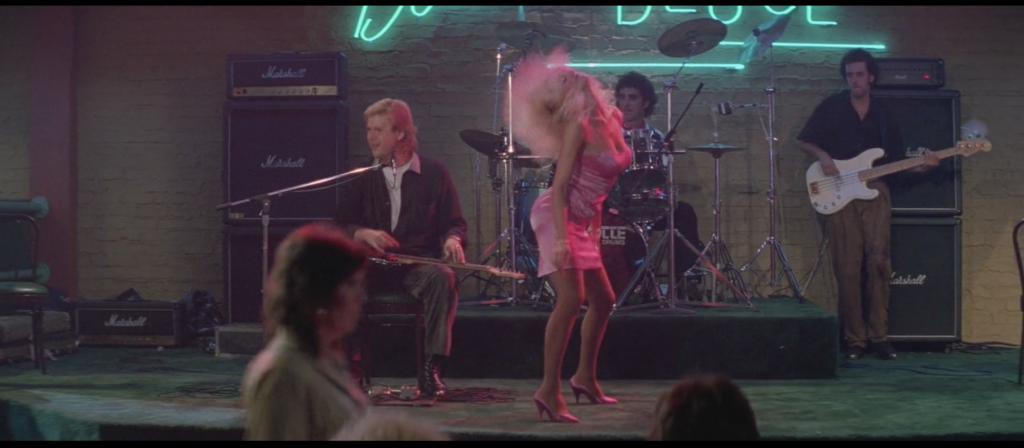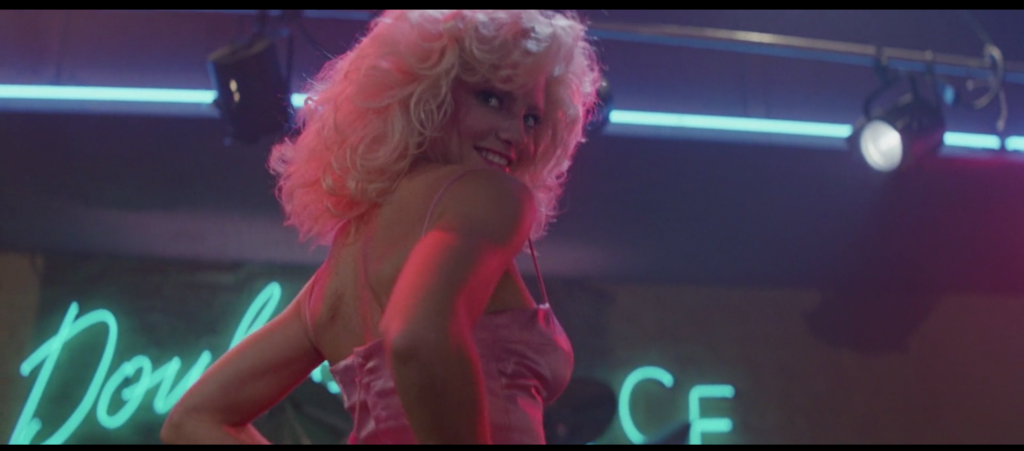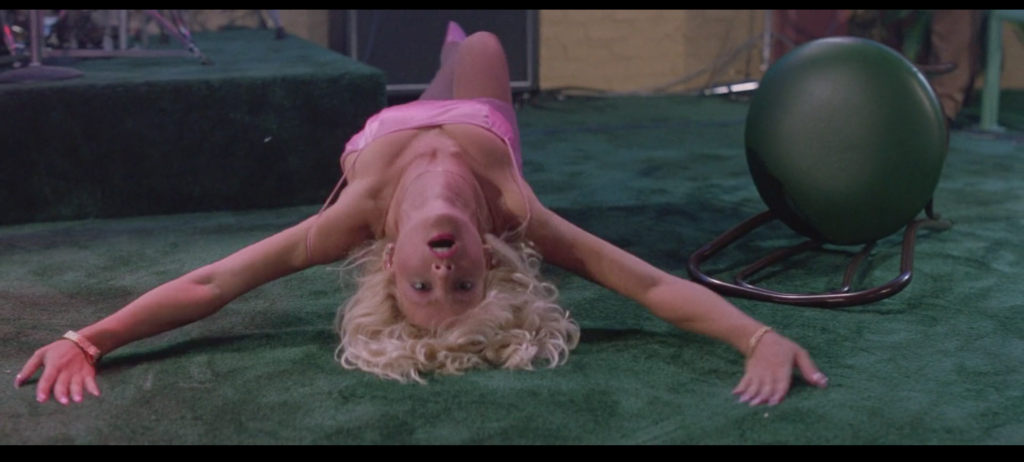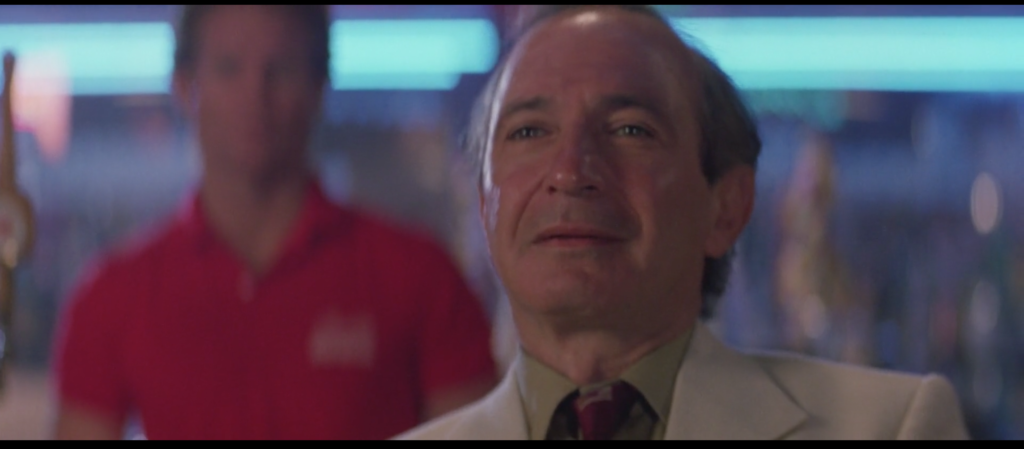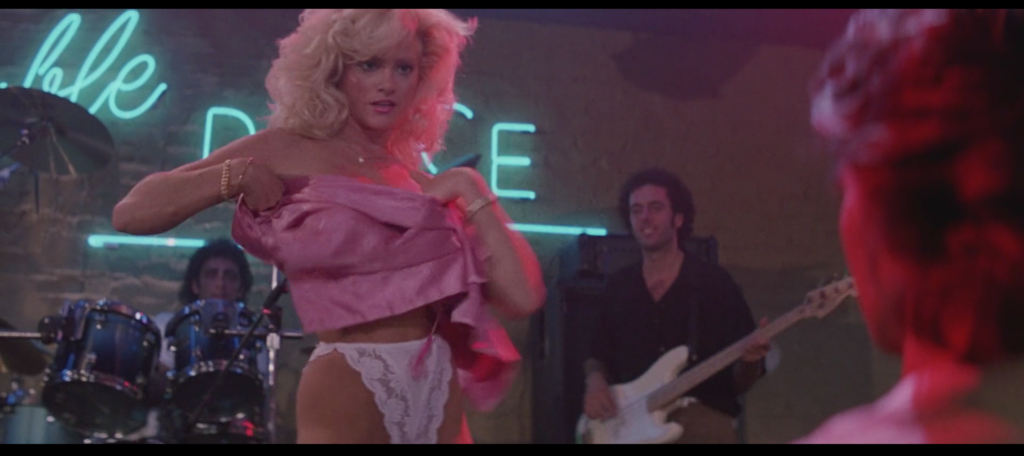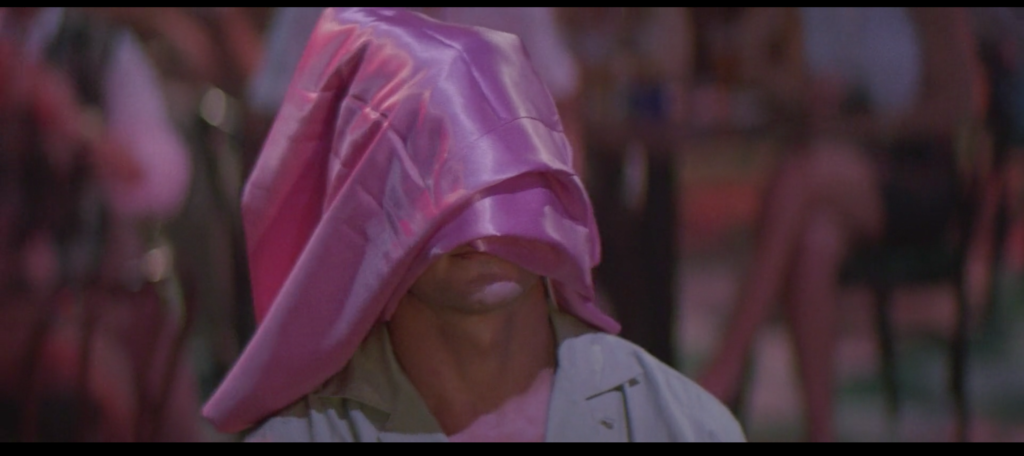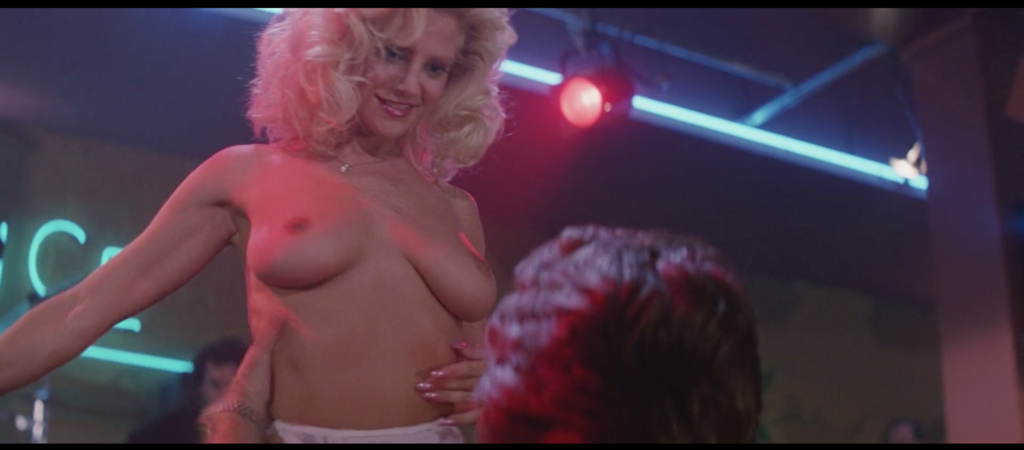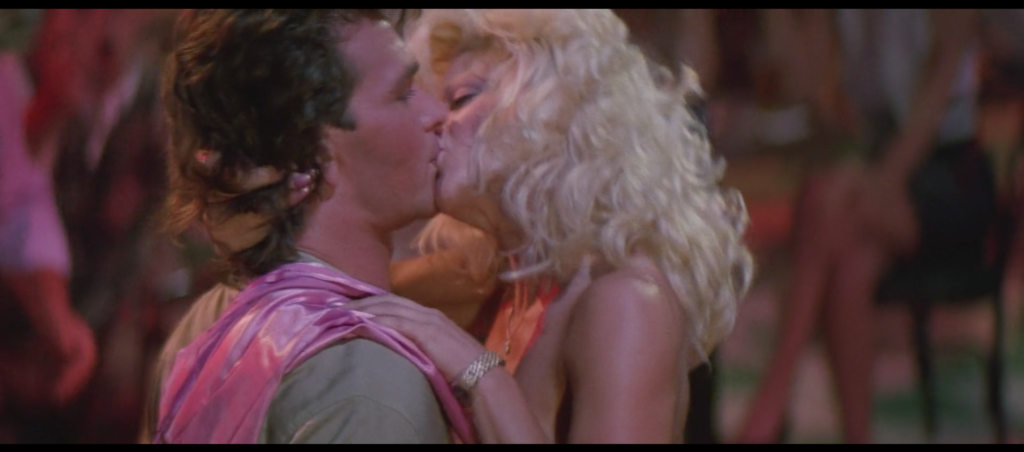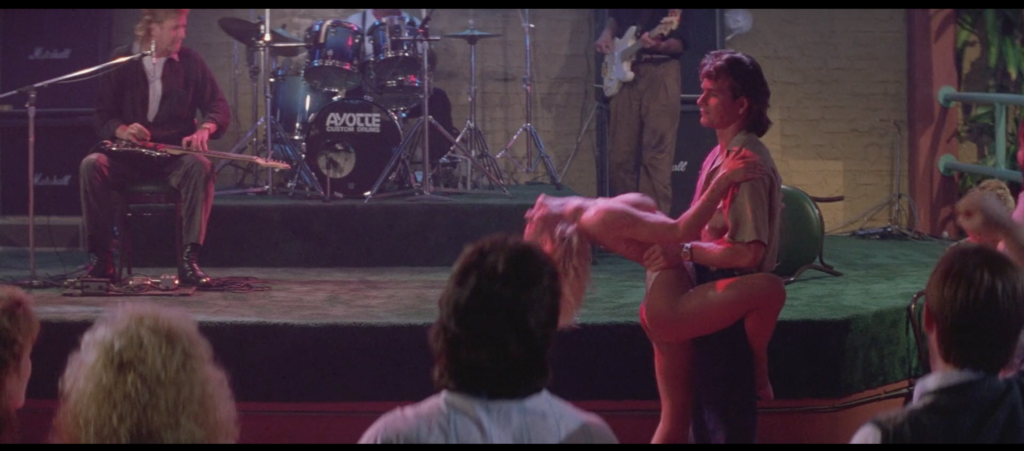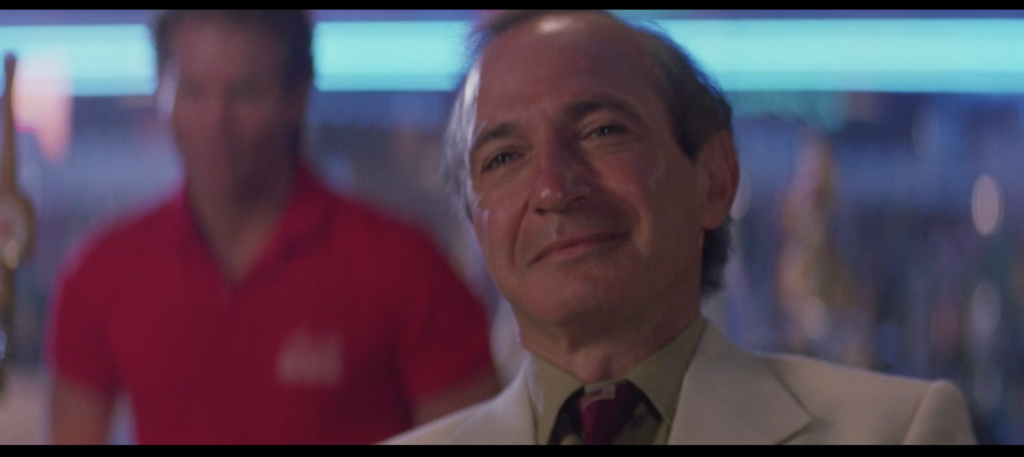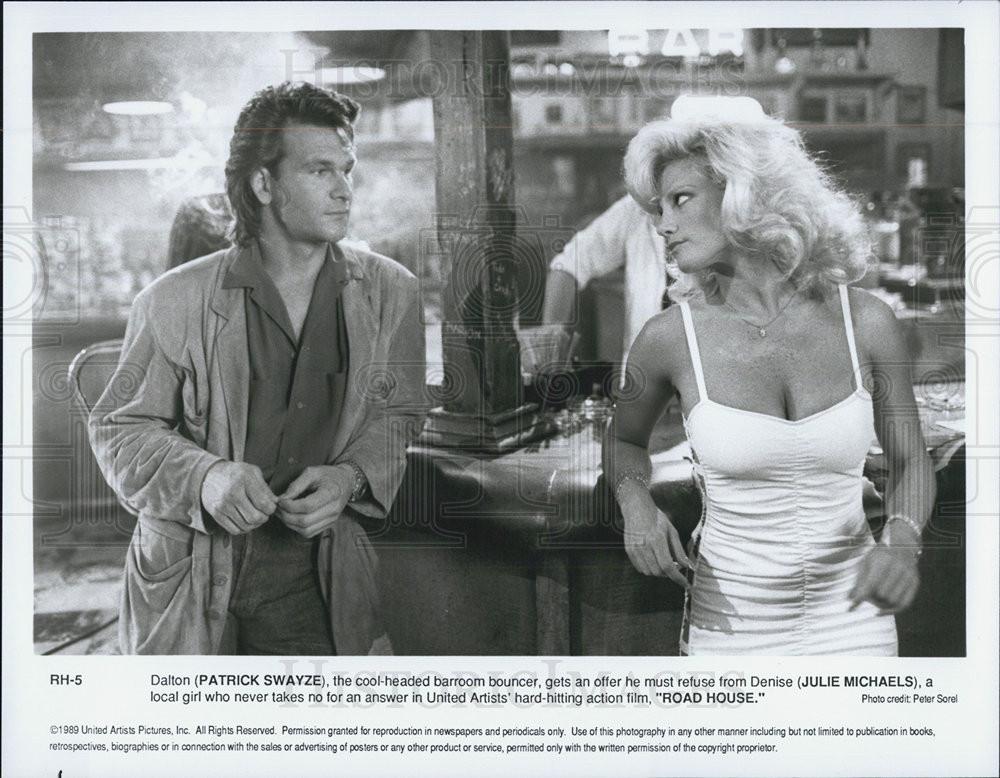I’ve got my media-consumption hands full. I’m a full-time freelance critic who spends pretty much every free moment watching some show or movie or listening to some album or reading some comic I’m getting paid to write about. I’m a parent of two kids who have their own faves, for which I come along for the ride. My partner, the smartest person I’ve ever met, is a cartoonist and aesthete, adding another set of artistic reference points for me to follow. I don’t watch “real” sports, admittedly, but I play the occasional video game while high, and I think that counts.
Which is why I can tell you without fear of contradiction that wrestling — freaking professional wrestling — is as exciting and engrossing and life-affirming and generally excellent as all of the above. I enjoy it with a purity I didn’t think possible. I think you might, too. Because here’s the thing about being a wrestling fan today: 20 years’ worth of advances in technology, representation, and pure athleticism have made the sport smarter, better, and more fun than ever before.
I wrote about why this is such a great time to get into wrestling for Vulture. This piece was months in the making and means the world to me. I hope you like it, and if you like it I hope you share it!

